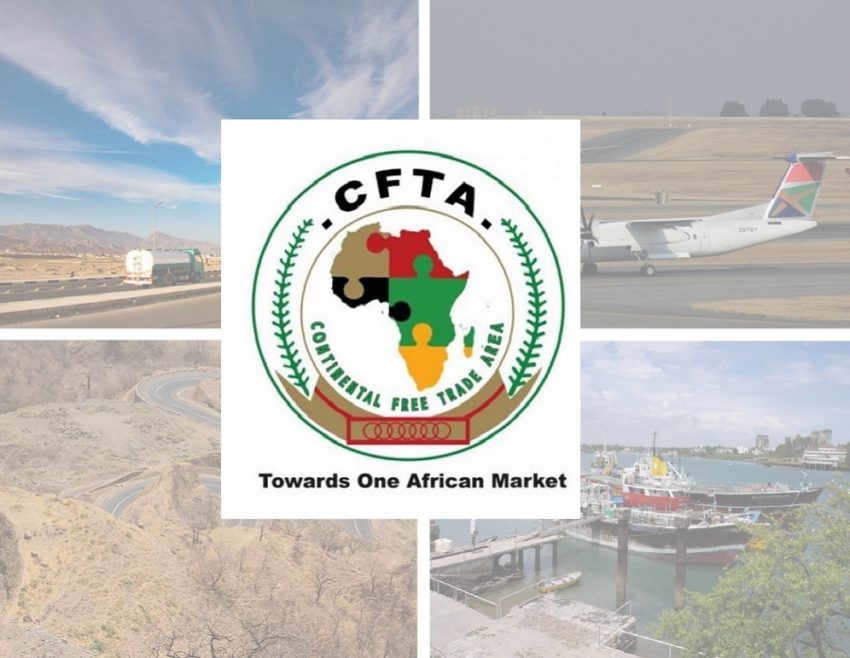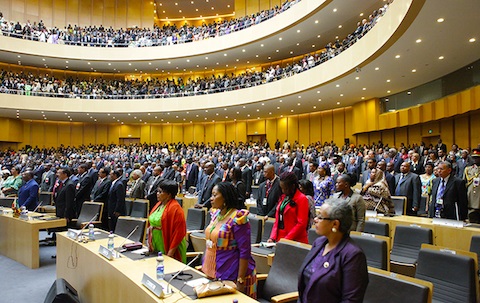The origin of AfCFTA
The African Free Trade Area Agreement (AfCFTA) was envisioned more than 40 years back with the adoption of the Monrovia Strategy (1979), the Lagos Plan of Action (1980) and the Abuja Treaty (1991).
From the beginning, the AfCFTA aimed to create numerous opportunities in trade and investment ensuing in more and better jobs, developing the continent, and enlarging the market, and making the continent the largest free trade area. Finally, on 1st January 2021, an agreement involving more than 30 countries has been reached.
What this new agreement consists of
The idea of this agreement is to connect 55 African countries – which implies 1.3 billion people, thus establishing a single continental market for goods, services, capital, and persons. Further to these objectives, this pact also allows for the fostering of sustainable and inclusive development, industrial diversification, regional value growth, structural transformation, gender equality, agricultural development, and improved food security on the continent.
The AfCFTA has ushered in a financial game-changer for the continent’s development primarily because of its focus on intra-African trade and the opportunities it will provide to the African nations to gradually integrate with the international economy. It will greatly boost the job opportunities in the continent and ultimately help to achieve the goal of reducing poverty. The volume of trade within Africa is expected to rise by 81% in the next 15 years while the net volume of exports from the continent will increase by 29%. Free trade within Africa will have a positive impact on tariff barriers and will lower the international trade costs by 14.3%.
How it will affect the transportation and logistics industry in Africa
The creation of one African Market will eventually do away with all the barriers within the continent like complicated customs clearance, challenges at the borders along with several managerial hitches that discourage trading across borders. According to to The promise of the The promise of the African Continental Free Trade Area (AfCFTA), written by Philomena Apiko, Sean Woolfrey and Bruce Byiers, following this agreement will require all the participating members to eradicate 90% of tariffs thereby making way for tax-free access to merchandise and services throughout Africa.
The AfCFTA agreement is also expected to boost the demand for a solid transportation infrastructure within Africa.
All of this will lead to a rise in exports, an escalation of competition, an improvement of the marketing and sales processes and important economic growth, which will be translated into quicker and cheaper shipping in the long term and will surely improve the connections between logistics domestic ports and seaports.
It will definitely be a key for the logistics and freight forwarding arena, which will now provide the customers with an easy door-to-door solution.
E-commerce
Digitization is going to be yet another impact of the AfCFTA, even though the agreement doesn’t explicitly cover the digital considerations. Under phase 3 of the agreement, the area of e-commerce will be given precedence. E-commerce and laying the foundations of a digital economy in Africa will provide ample opportunities for enhanced productivity, entrepreneurship, technological innovation, new markets and the creation of jobs.
However, there is still much scepticism regarding the use of virtual systems and also regarding the reliability of the available infrastructure. There is a need for more policies for addressing the issue of scarce ICT connectivity that can pose a significant threat to effective online competition. It has to be kept in mind that Africa still has a very low level of internet penetration while only 22.6% of the female population know the basics of internet usage.
In spite of all these challenges, it is being predicted that the e-commerce scenario in Africa is going to get better. The African Union launched its Digital Transformation Strategy so as to make the most of the available technologies and promote inclusive financial developments in the African societies. The digital transformation will also enormously impact the relation of this continent with the EU. For instance, the European Union’s “Comprehensive Strategy with Africa” emphasizes an alliance for technological transformation and concedes that digitized economy and e-commerce have the potential to promote the economic output across all sectors.
For several businesses in our sector, the AfCFTA will afford the perfect chance for diversification by accessing the African market and the time is now!




